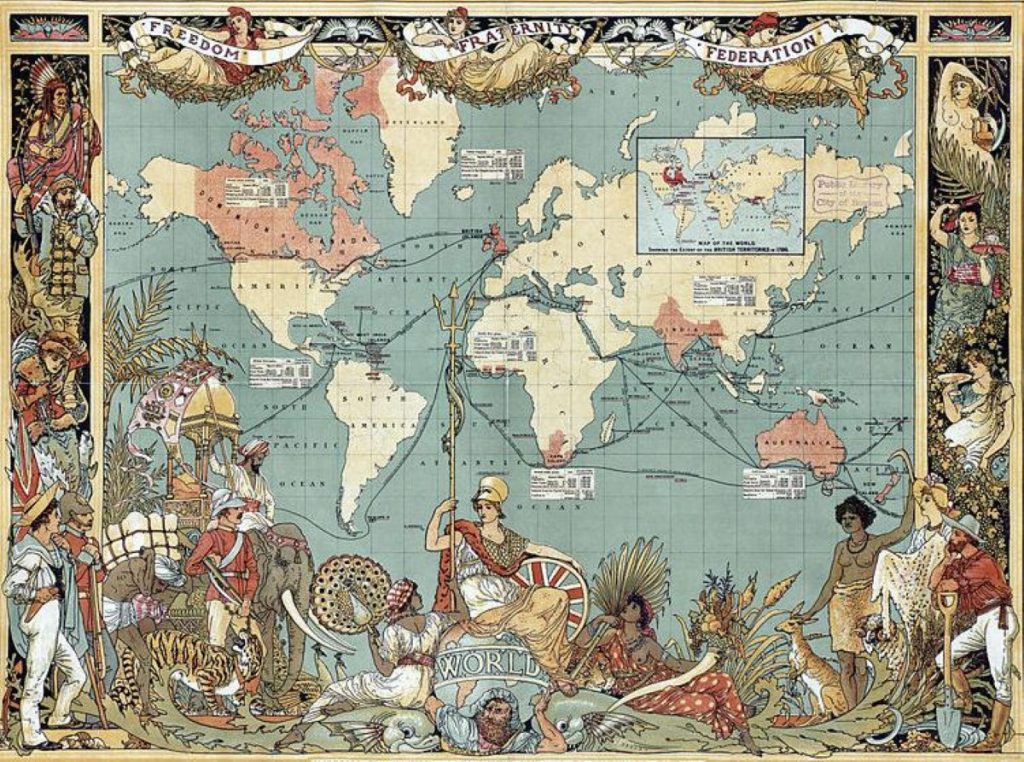The final death of imperial Britain? Coalition despairs as shock Syria defeat sinks in
Britain is contemplating the end of centuries of UK influence on the world stage, after parliament ended David Cameron's hopes of a military intervention in Syria last night.
The period of "national soul-searching" is taking place alongside a reassessment of the prime minister's future following the severe mauling of his authority in the 13-vote defeat.
One Tory rebel told Politics.co.uk his handling of the issue had been "cack-handed". Another called him "weak" and blamed his lack of "man-management" for the lack of loyalty among Conservative backbenchers.
As well as confronting another rejection from his party's MPs Cameron also faces humiliation on the world stage – beginning with a downgraded special relationship with the US, which is set to conduct missile strikes against Bashar al-Assad without British assistance.


"I hope this doesn't become a moment when we turn our back on all of the world's problems," chancellor George Osborne told the Today programme.
"We understand we're operating in the world of today which has experienced the division of the Iraq war… and we have to live with that.
"Obviously it would be better from the point of view of the special relationship if we were able to take part in any military action to take place, should any take place. But we're not going to because we're going to respect the will of parliament."
Cameron confirmed immediately after the result that the government would not pursue a further motion on the issue, after the 285-272 defeat.
While constitutionalists are delighted at the victory for parliament, which has now effectively secured the right to veto any military action, others are dismayed by the impact the vote will have on the UK's global influence.
"This is a shameful result which will not be readily forgotten by our US allies, who will press ahead with their own plans to hold Assad to account," the Henry Jackson Society's executive director Alan Mendoza said.
"I would also expect France to take full advantage of British disarray to press home the fact it stands shoulder to should with the US on this issue.
"We can be certain that more atrocities and potential game-changing events will follow in Syria, and when they do, parliament will have cause to rue its hastiness tonight."
Tory MP Robert Halfon, a firm supporter of intervention, tweeted this morning: "I hope we have not become a country of muscular appeasement instead of muscular enlightenment."
But rebel Crispin Blunt, the former prisons minister, told the Today programme he had voted against Cameron precisely to change the way Britain conducts its foreign policy.
"I'll be delighted if we relieve ourselves of some of the imperial pretension that a country of our size can seek to be involved in every conflict going on around the world," he said.
Blunt praised Cameron for having "enabled" the defeat by recalling parliament and allowing a vote.
He added: "It is to his eternal credit he has done a huge amount to repair the reputation of parliament, having learned the experience of Tony Blair in 2003 and Iraq."
But he accepted his party leader's authority had diminished "temporarily".
Government sources were last night stressing the "unique" nature of the vote and emphasising it does not affect the coalition's core purpose of dealing with deficit reduction.
Osborne underlined that argument again this morning by promising the government would "absolutely focus" on domestic issues like the economy, welfare and education.









